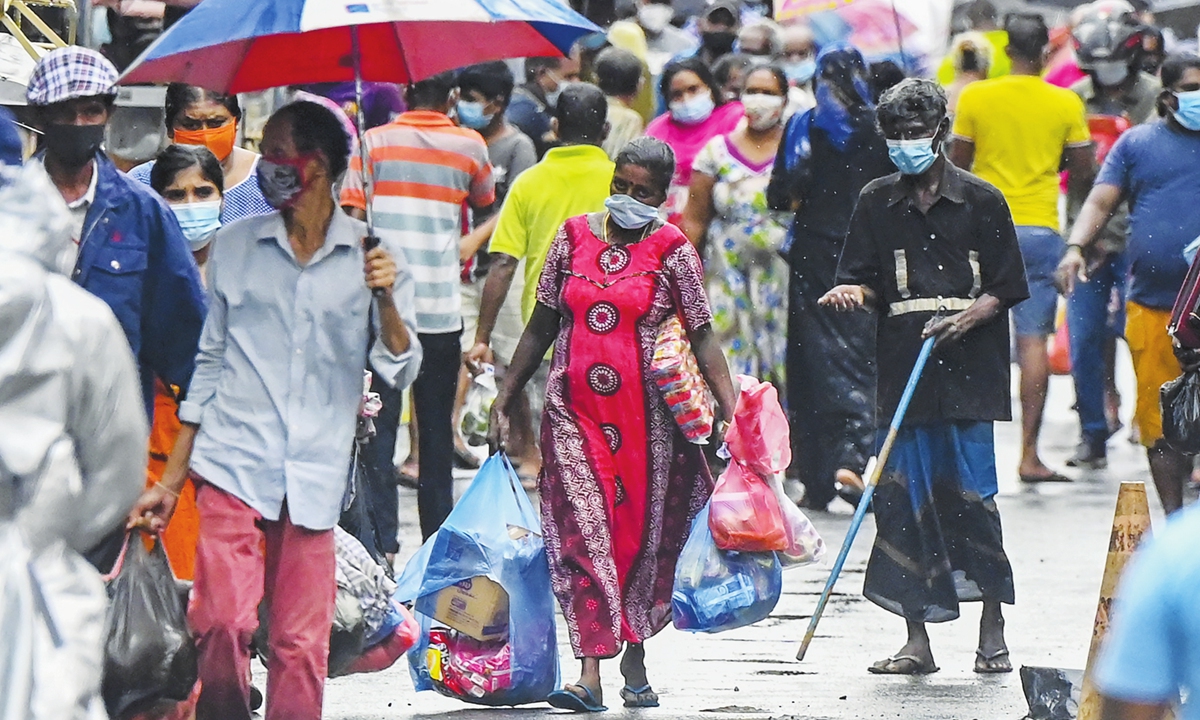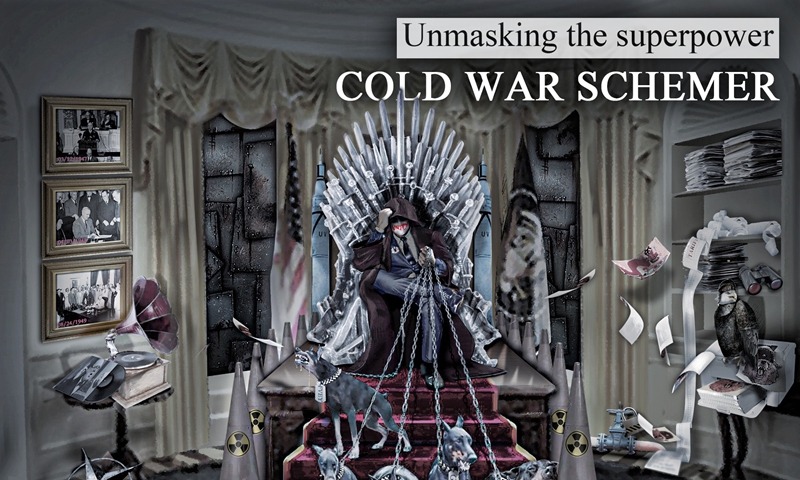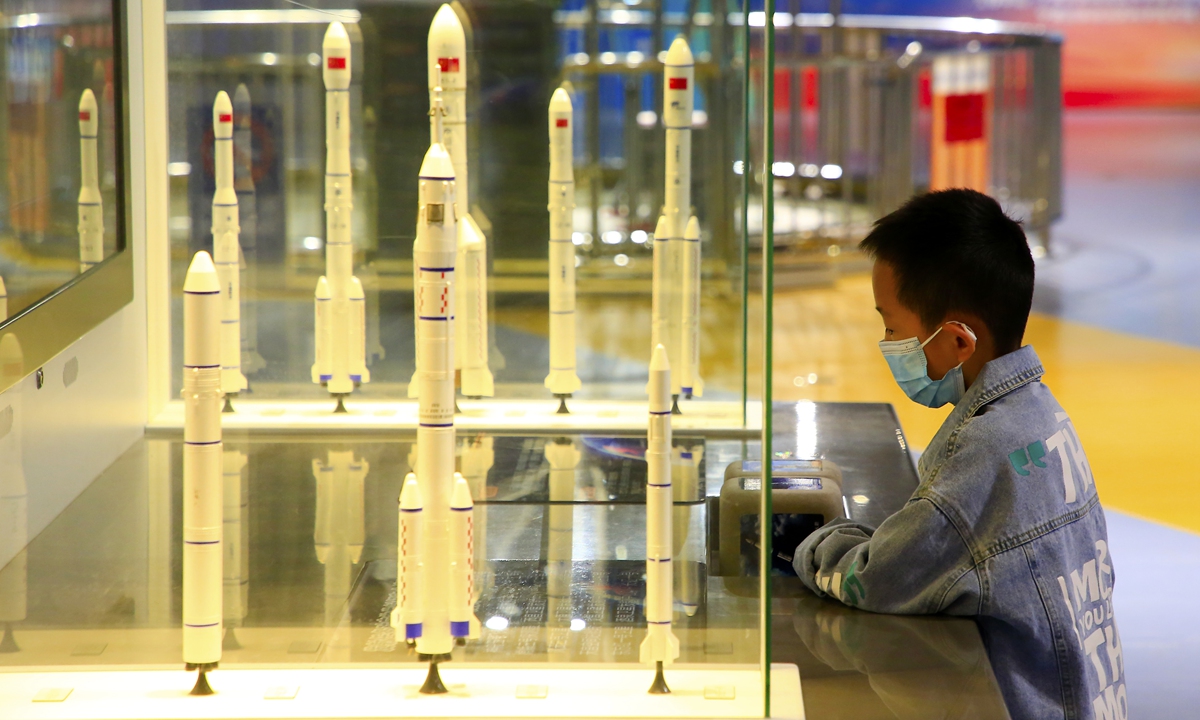
KUALA LUMPUR (April 14): Senior citizens with high-risk comorbidities are eligible to receive a second Covid-19 booster shot four to six months after their first booster dose, Health Minister Khairy Jamaluddin said on Thursday.
Khairy also said that severely immunocompromised individuals aged 12 and above may receive their first booster jab within 28 days of receiving the second Covid-19 vaccine.
"It is not mandatory but optional, and it will be made through appointments," he told a press conference.
Khairy said those aged 60 and above who are healthy and not at risk for comorbidities should discuss with their doctor whether a second booster vaccination would be recommended for them.
Meanwhile, senior citizens who have received a booster vaccination and have tested positive for Covid-19 can receive a second booster vaccination three months after their full recovery, he said.
The minister said Pfizer-BioNTech Comirnaty's vaccine is the recommended vaccine for a second booster dose based on scientific data available.
On the booster shot for teenagers, Khairy said: "We leave it to the parents to talk to medical practitioners to make a decision. There is no coercion."
The minister said the implementation of this latest recommendation will not affect the full vaccination status of high-risk individuals who do not receive a second booster dose. The Health Ministry is currently updating clinical guidelines detailing implementation, he said.
Khairy said the ministry has also received requests from individuals who want to travel abroad to receive a second booster dose to meet the travel requirements.
"For example, there are some countries in continental Europe that do not recognise Sinovac and Sinopharm vaccines as first and booster doses," he said.
"Therefore, people who want to go abroad can receive a second booster dose at least one month apart after the first booster dose to meet the requirements of going abroad," he said.
As of March 31, a total of 701 individuals had received digital certificates of exemption from vaccination for medical reasons.
These individuals will also automatically receive a booster vaccination exemption.
"Individuals who are not eligible for a booster vaccination for medical reasons, especially the primary Sinovac or Sinopharm recipients or senior citizens who have not yet received a digital vaccination exemption certificate will need to submit a new application.
"They must obtain confirmation from a medical practitioner and then submit an application to the nearest district health department," said Khairy.
Adam Aziz & S Kanagaraju
Seniors open to second booster dose
PETALING JAYA: Feeling boosted by the protection offered by the vaccine, many Covid-19-conscious senior citizens say they are receptive to taking a fourth dose.
Leong King Soon, 62, and his wife Barbara Teoh, 60, have hypertension and diabetes respectively and with their comorbidities, they are among the senior citizens now eligible to get a fourth shot of the Covid-19 vaccine.
Leong, who took his first booster in December, said he and his wife have so far not contracted Covid-19.
“I have been in close contact with Covid-19 individuals many times as I work as an industrial machine repairman and go to many factories for my job but so far so good.
“Besides taking the standard operating procedure seriously such as wearing a face mask and frequently washing hands, I really think that the three doses of the Covid-19 vaccine I took have kept me protected until now.
“So when the time comes for the fourth dose, I will definitely go get it with my wife,” said Leong.
He added that Teoh, too, had been in close contact unwittingly with Covid-19-positive friends and relatives but she has also been safe so far.
“She only took her first booster last month as she was ill over the past few months and needed her doctor’s clearance,” added Leong.
On Thursday, Health Minister Khairy Jamaluddin said senior citizens with comorbidities can get the fourth shot between four and six months after their first booster, while seniors without comorbidities can get a second booster provided they get approval from their doctor.
Seniors who have received their booster dose but have been infected with Covid-19 will be eligible for a fourth shot three months after they recover.
Leong had this to say: “Get the booster for your own protection and ignore all the negative stories that you hear. People don’t remember the positive stories but like to hang on to the negative ones.”
Trader Saifuddin Omar, 67, who has diabetes and hypertension, also believes that the Covid-19 vaccine he took has protected him from the virus.
“Recently, my daughter and her son, who live with me, got infected but they didn’t know until five days later. We all share the same bathroom and eat at the same table but my wife and I didn’t get infected.
“My daughter and grandson (aged eight) are fully vaccinated and only suffered mild symptoms,” he said.
Saifuddin recalled initially feeling scared last year about taking the vaccine after hearing stories about the side effects.
“But now I see that it does help, I feel encouraged to take the fourth dose of the vaccine and will do so soon,” said Saifuddin, adding that he and his wife had their first booster in January.
Retired teacher B. Parimala, 63, does not have any comorbidities and took her first booster last year.
While seniors without comorbidities can get a second booster with their doctor’s approval, Parimala said she would rather wait.
“I was a science teacher so I keep up to date with the latest news about the vaccine.
“I recently read that boosting too often and with the same type of vaccine could reduce one’s immunity, especially against new variants.
“So I’d rather wait than go for the second booster now,” she said.
Parimala, too, warned against adopting a lackadaisical attitude towards Covid-19.
“Long Covid is no joke. My former colleague has such bad scarring on her lungs that she gets winded just walking a short distance. We should all continue to keep ourselves protected,” she said.
Related News







 Unmasking The Superpower: ‘Voldemort’ of global order. Illustration: Xu Zihe/GT
Unmasking The Superpower: ‘Voldemort’ of global order. Illustration: Xu Zihe/GT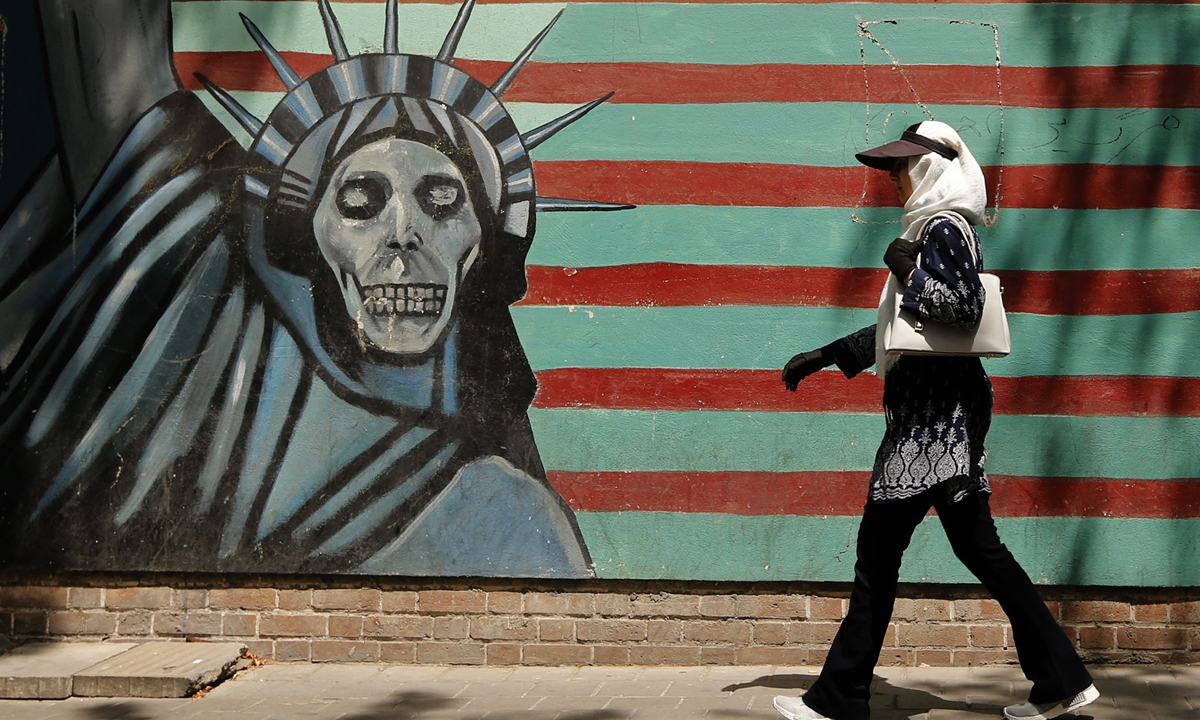 A woman walks past the landmark graffiti on the walls of the former US embassy in Tehran, Iran. Photo: AFP
A woman walks past the landmark graffiti on the walls of the former US embassy in Tehran, Iran. Photo: AFP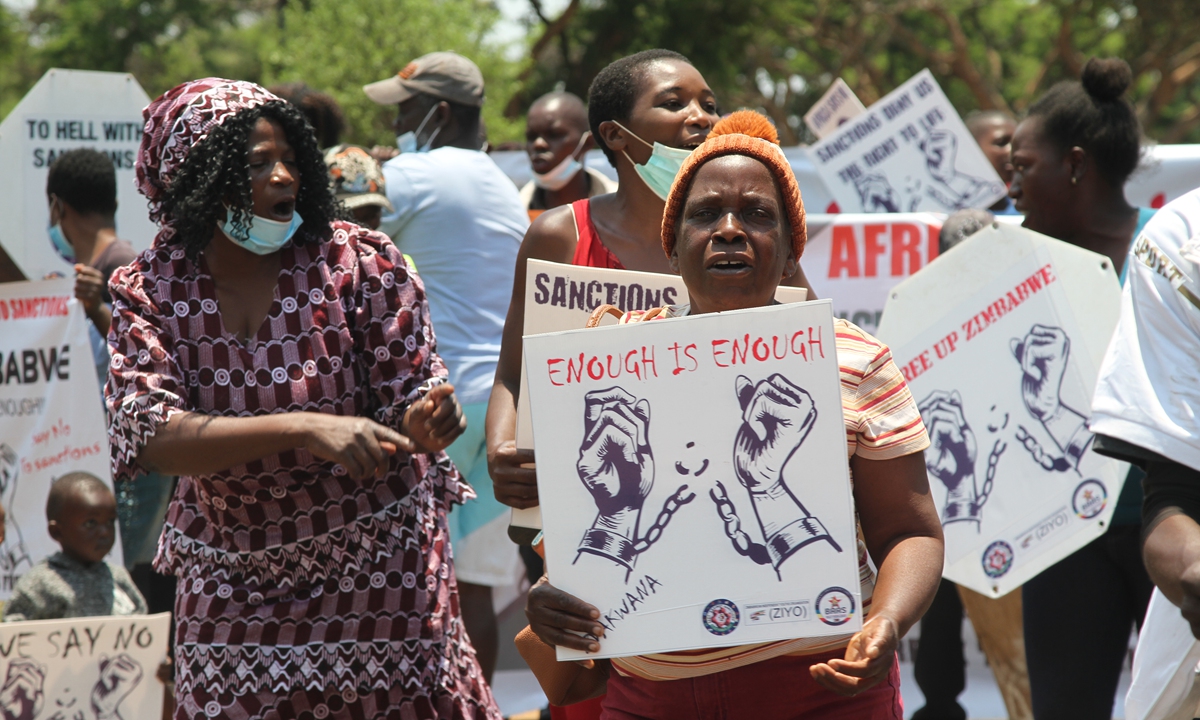
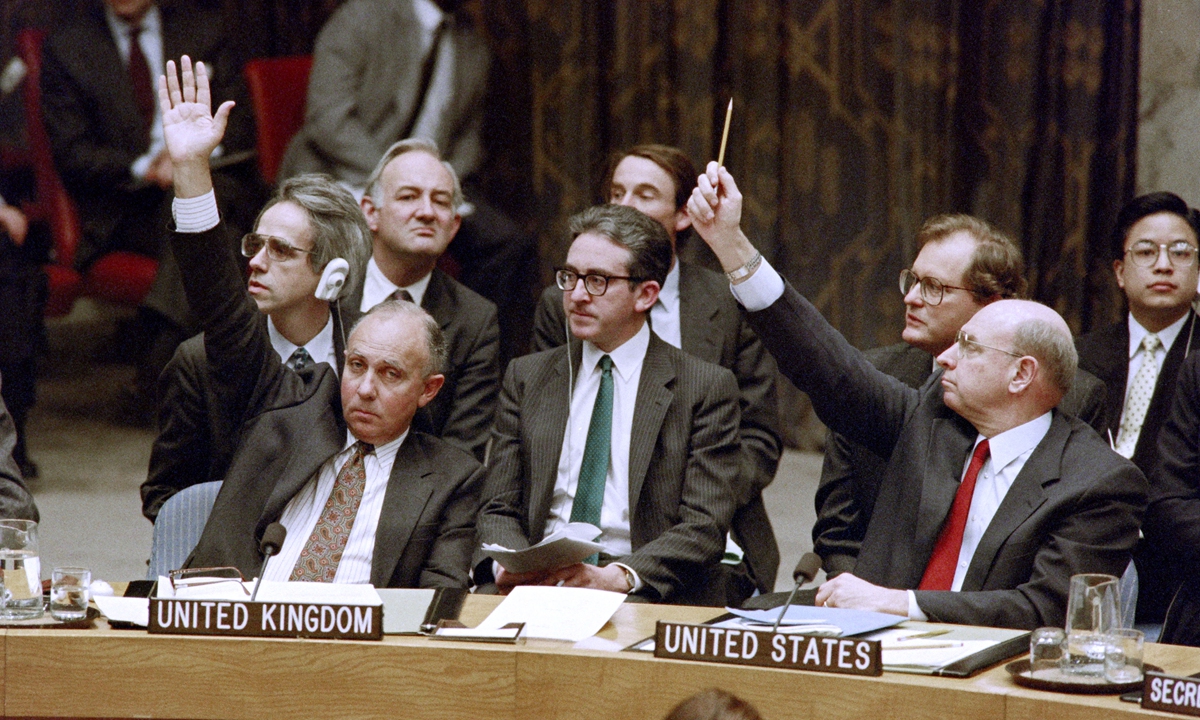 US and UK ambassadors to the United Nations vote on March 31, 1992 for sanctions against Libya.?Photo: AFP
US and UK ambassadors to the United Nations vote on March 31, 1992 for sanctions against Libya.?Photo: AFP
